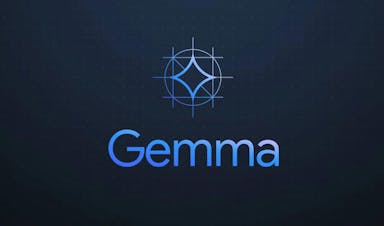Is AI-generated music going viral next?
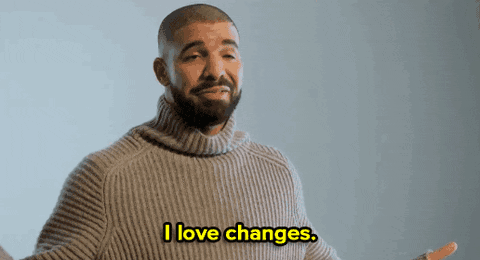
Musical ability: nature or nurture? Soon enough, it might not really matter.
You’ve heard about AI writing articles, essays, and viral LinkedIn posts. But what about music? While the topic might strike a chord (pun intended) for technophiles, AI-generated music, like many of the other areas AI touches, can become litigious real quick.
A fun tool that generates Drake songs about anything in under a minute launched a couple of days ago. drayk.it uses GPT-3 to write the lyrics based on the prompt you give it. With the help of voice synthesis and “some music magic sauce,” it generated a song about launching on Product Hunt.
While ChatGPT and DALL-E were all the rage this past year, let’s not forget about OpenAI’s MuseNet from 2019. The deep neural network powered by GPT-2 generates 4-minute musical compositions with ten different instruments and can combine styles from country to Mozart to the Beatles.
Google’s been a player in the space, too. While we might’ve not heard much about Magenta Studio lately, last week the Google Research team published a paper on MusicLM. The model generates 24 kHz music from rich captions such as “The main soundtrack of an arcade game. It is fast-paced and upbeat, with a catchy electric guitar riff. The music is repetitive and easy to remember, but with unexpected sounds, like cymbal crashes or drum rolls.”
We’re about to see a lot of debate around IP laws. Who owns machine-generated music? Those who write the code and process the data? Those who write the prompts? As Robin Thicke would say, “I hate these blurred lines.”
Let’s discuss.
–
This article was first seen in Product Hunt's Daily Digest newsletter. Join over half a million other subscribers in being the first to read about the newest, trending products.
Comments (25)
Aleksander Frankowicz
Serial Wannabeneur. PM @Muzaic.studio
Aleksander Frankowicz
Serial Wannabeneur. PM @Muzaic.studio
Sylver Cassart
Product & Design
Sylver Cassart
Product & Design
LisaKim
Community Builder & Entrepreneur
Frinny
AI finds music SFX& edit audio for video
Luke Tyler
designstripe + Electronic Musician
Patrick
likes grits
More stories
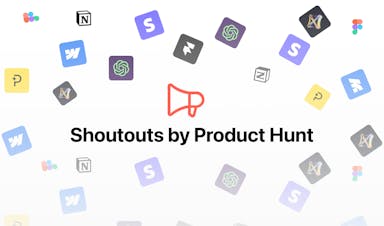
Aaron O'Leary · Announcements · 2 min read
Introducing Shoutouts
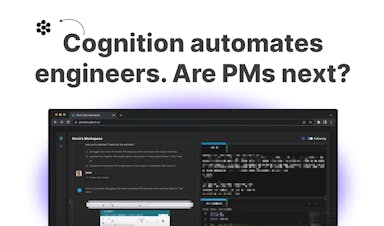
Finn Lobsien · Opinions · 5 min read
Can Devin AI Replace Product Managers?
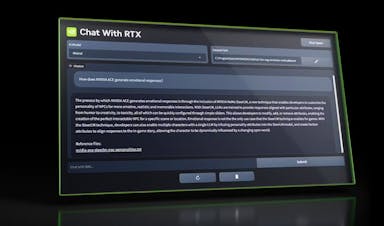
Aaron O'Leary · News · 2 min read
Meet Nvidia's new localized AI chatbot
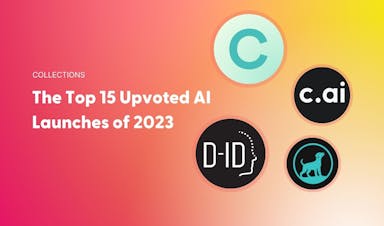
Sarah Wright · News · 2 min read
The top 15 AI products from 2023

